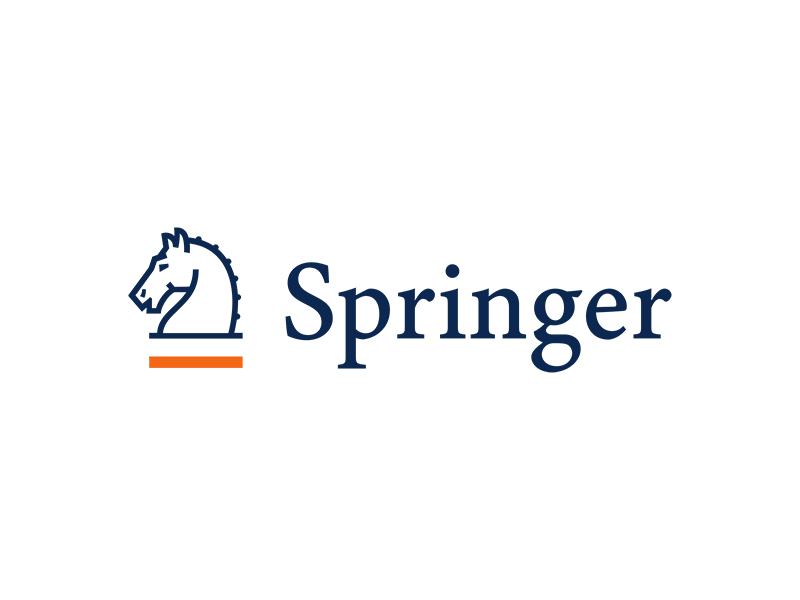New information technologies increasingly allow autocrats to shape public opinion outside their borders. Regimes like Russia and China spend millions on such efforts, raising concerns that they may be swaying foreign publics through their illiberal nationalist appeals. We know little, though, about the actual impact of such endeavors. We ask here: Where such regimes can find foreign audiences who support them and the values they represent, does this translate into an ability to sway public opinion on important foreign policy issues through their endorsements? We focus on the Putin regime’s ability to shape orientations toward US President Donald Trump’s foreign policy through an experiment-bearing survey in two countries that share EU aspirations but have different baseline orientations to the USA and Russia: Serbia and Albania. We first establish that Putin has a considerable number of sympathizers in both countries and that this sympathy is indeed linked to illiberal nationalist ideas. We show, however, that these sympathies do not translate into an ability to move public opinion, and that where pro-American priors are strong, illiberal nationalist endorsement can actually backfire.
Foreign support does not mean sway for illiberal nationalist regimes: Putin sympathy, Russian influence, and Trump foreign policy in the Balkans
September 24, 2022


